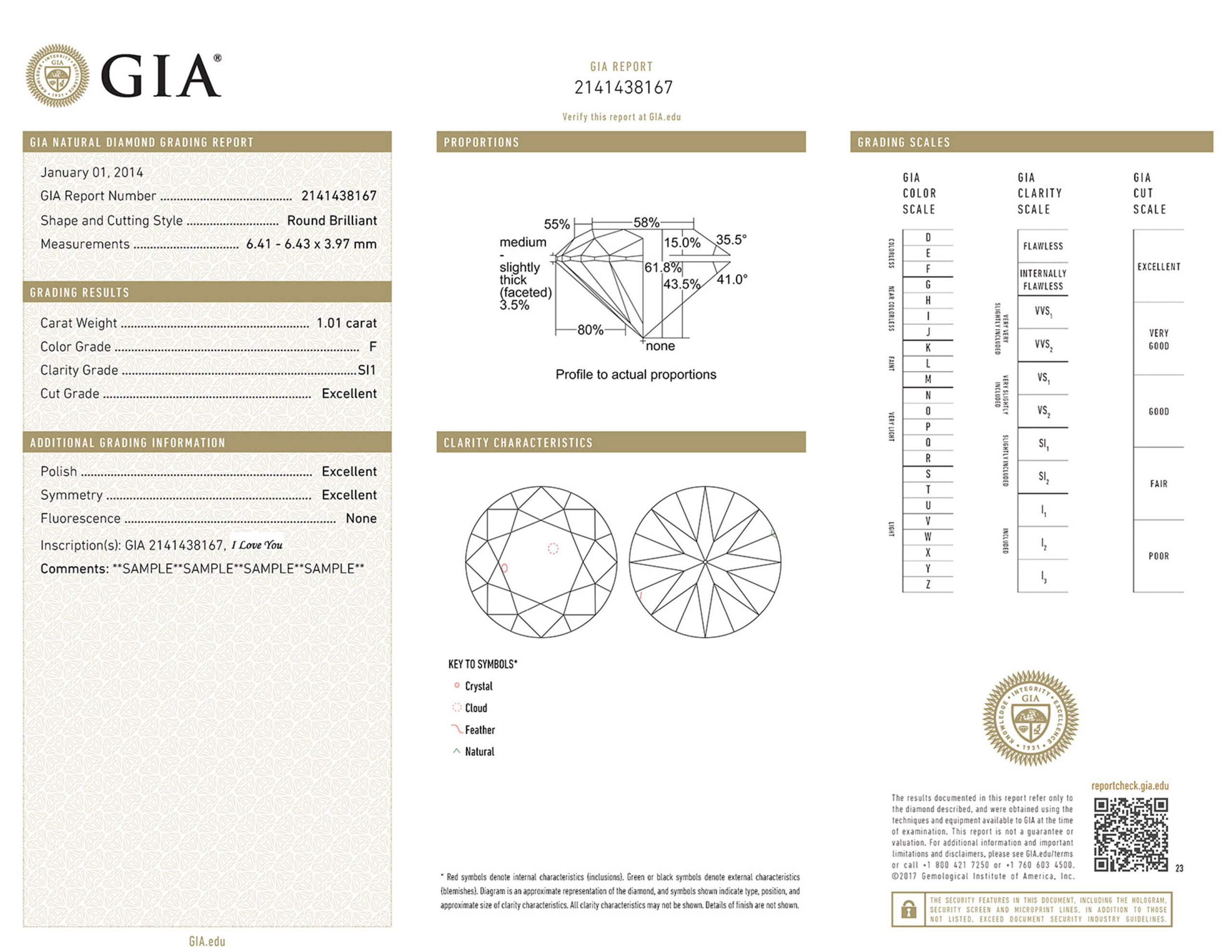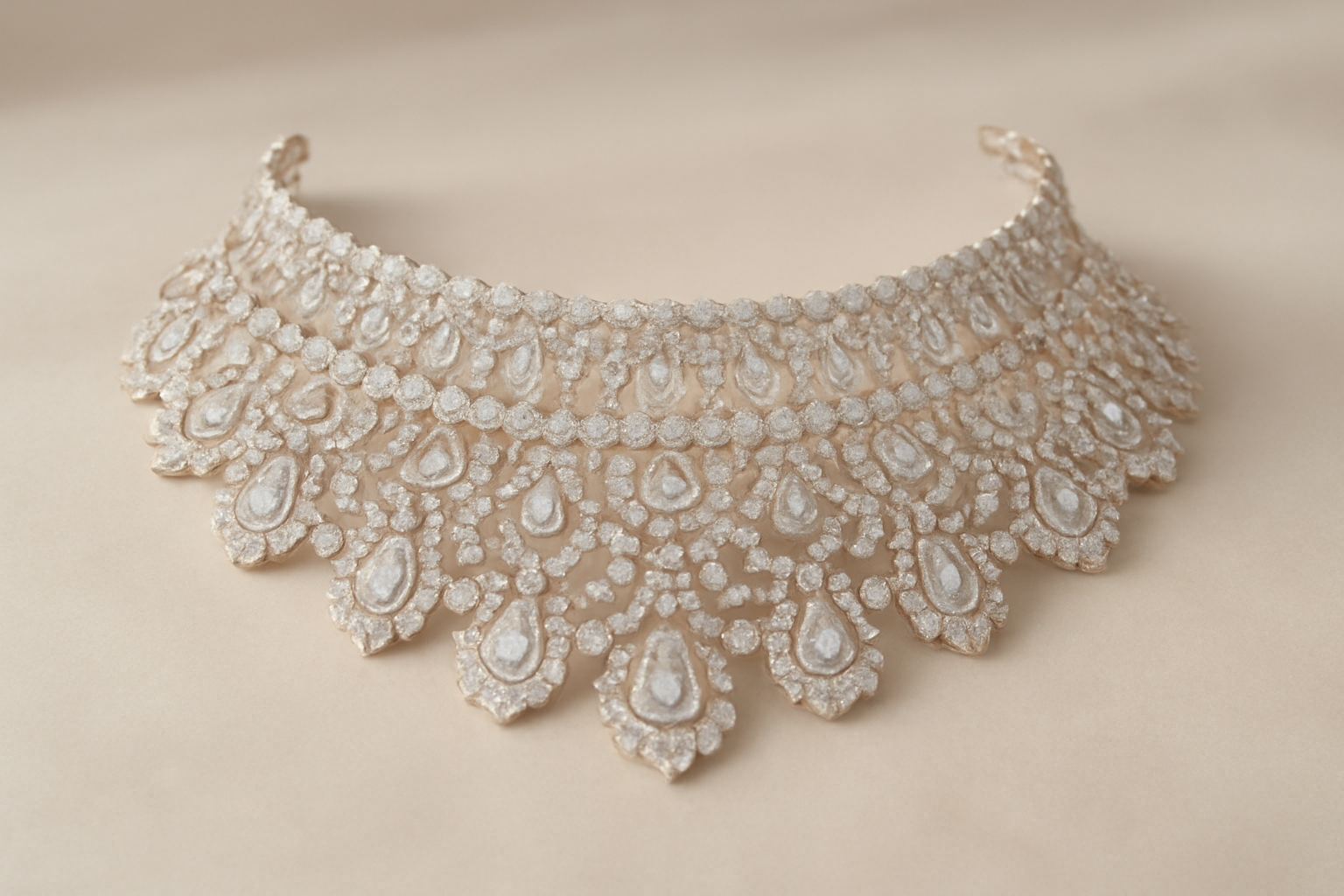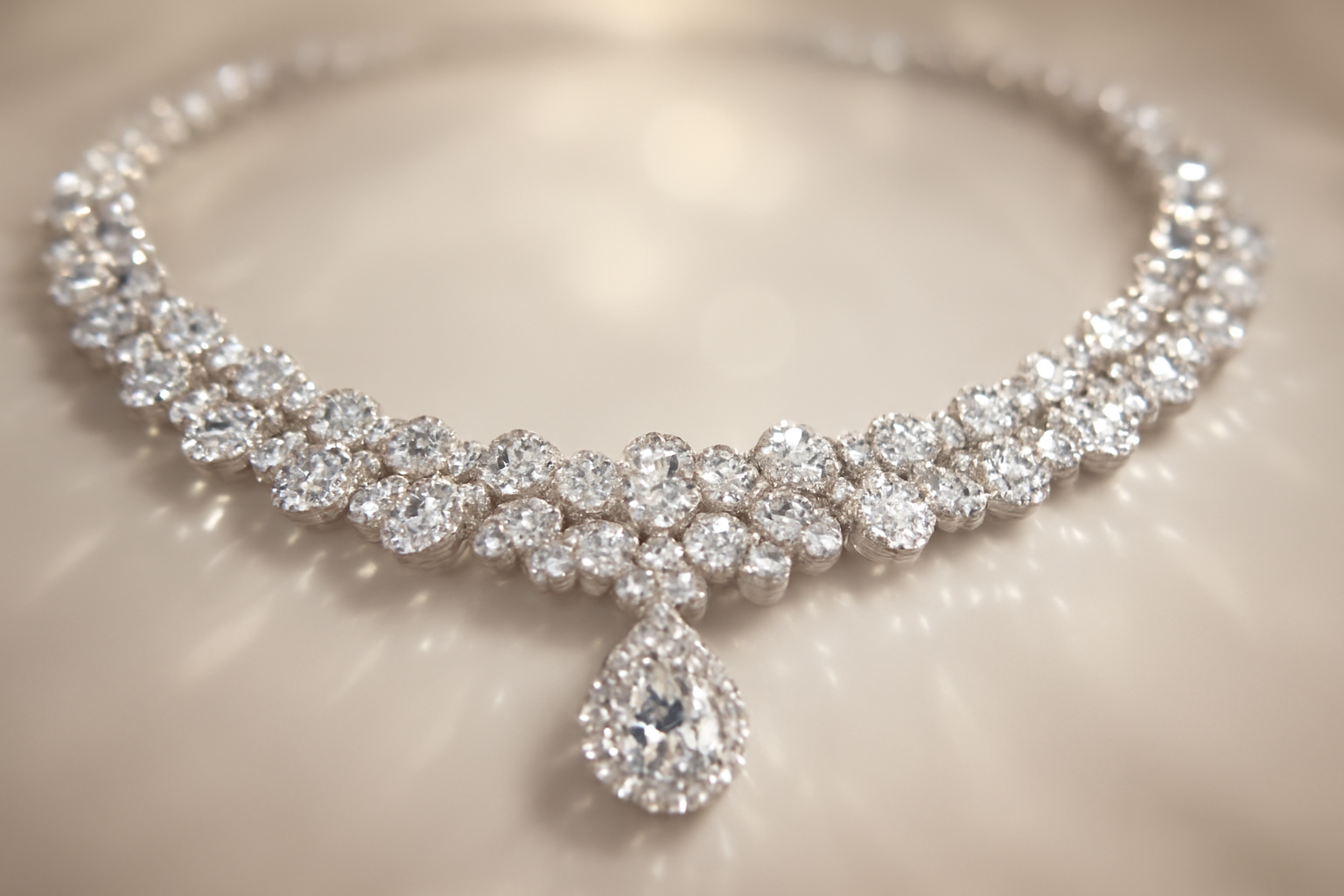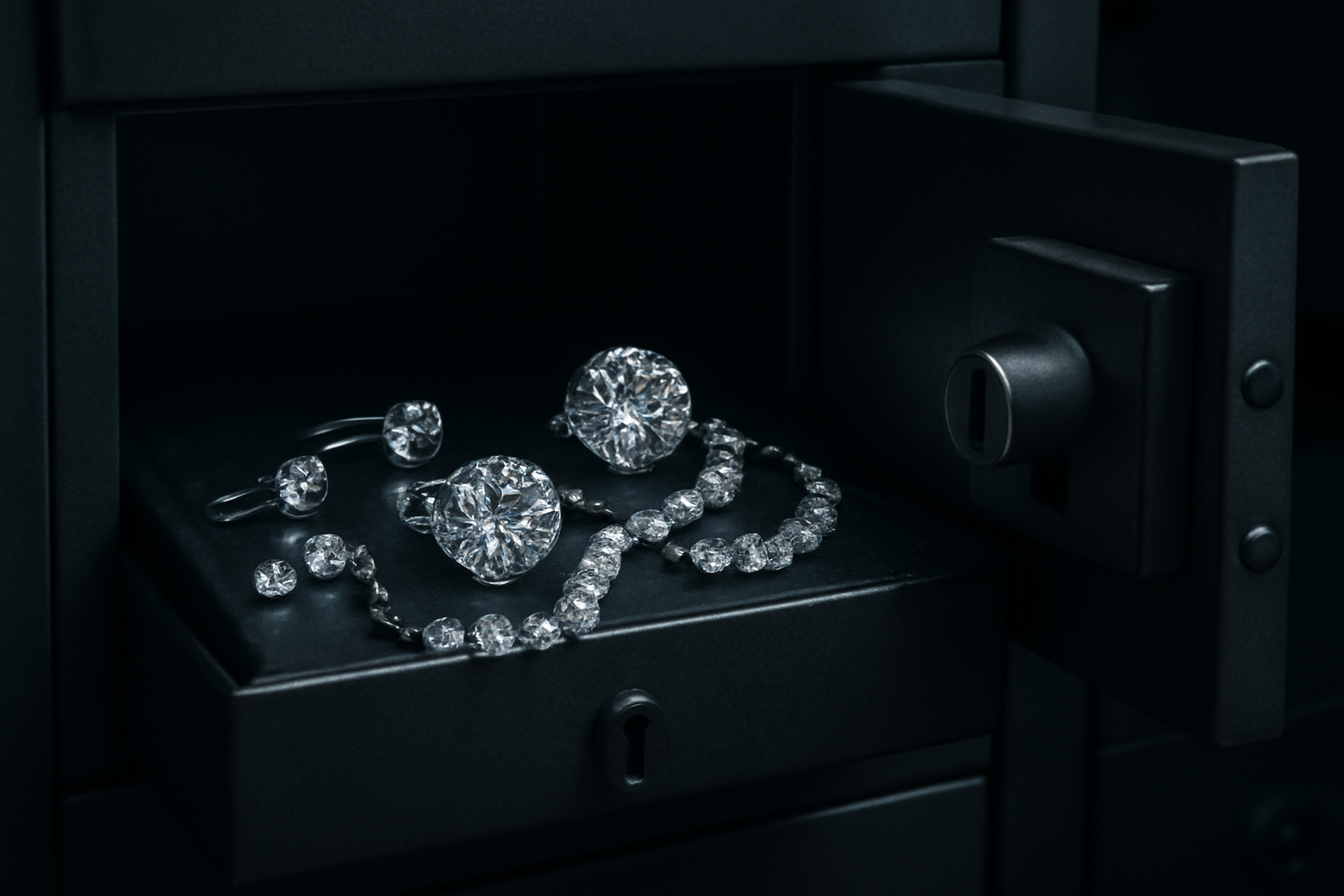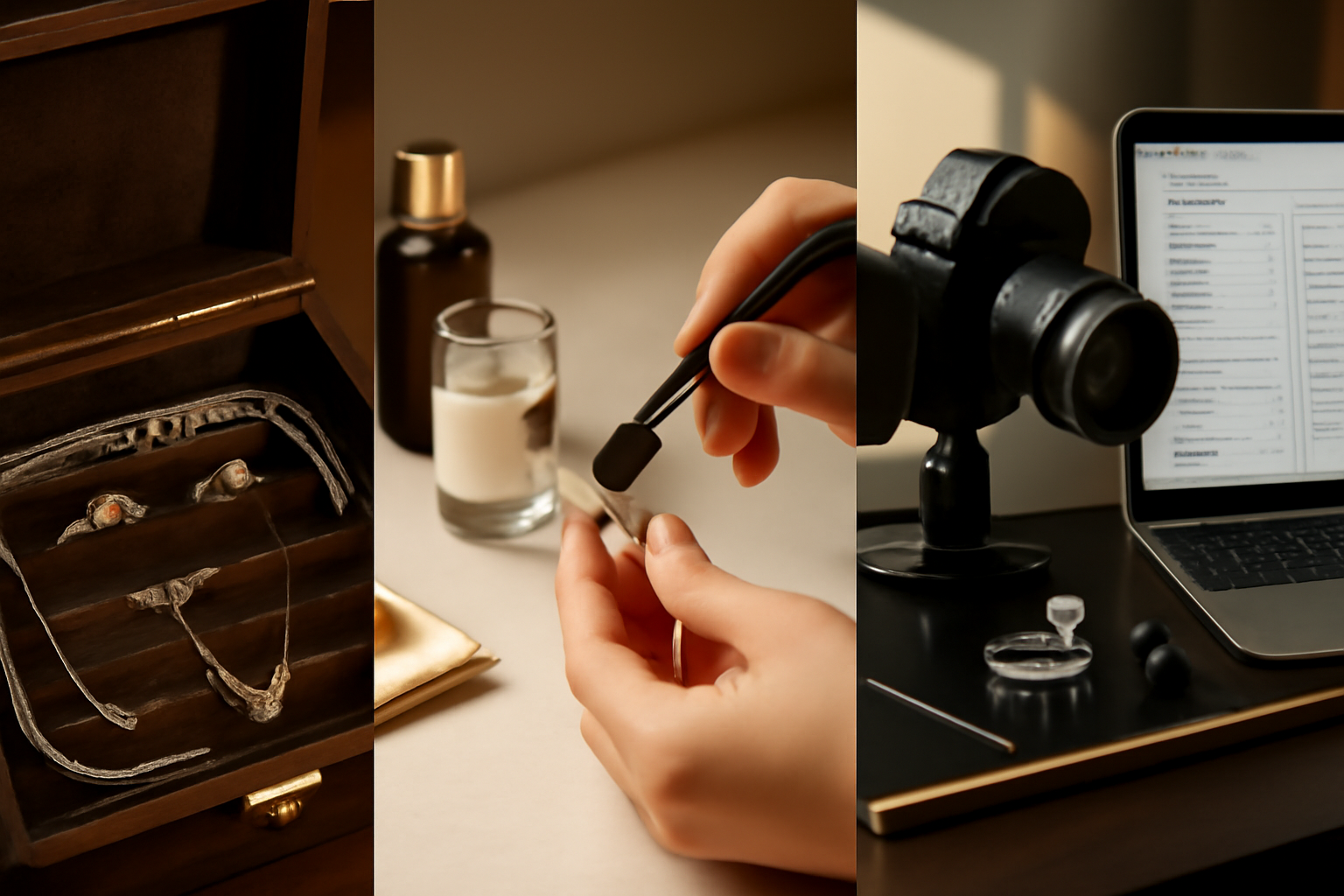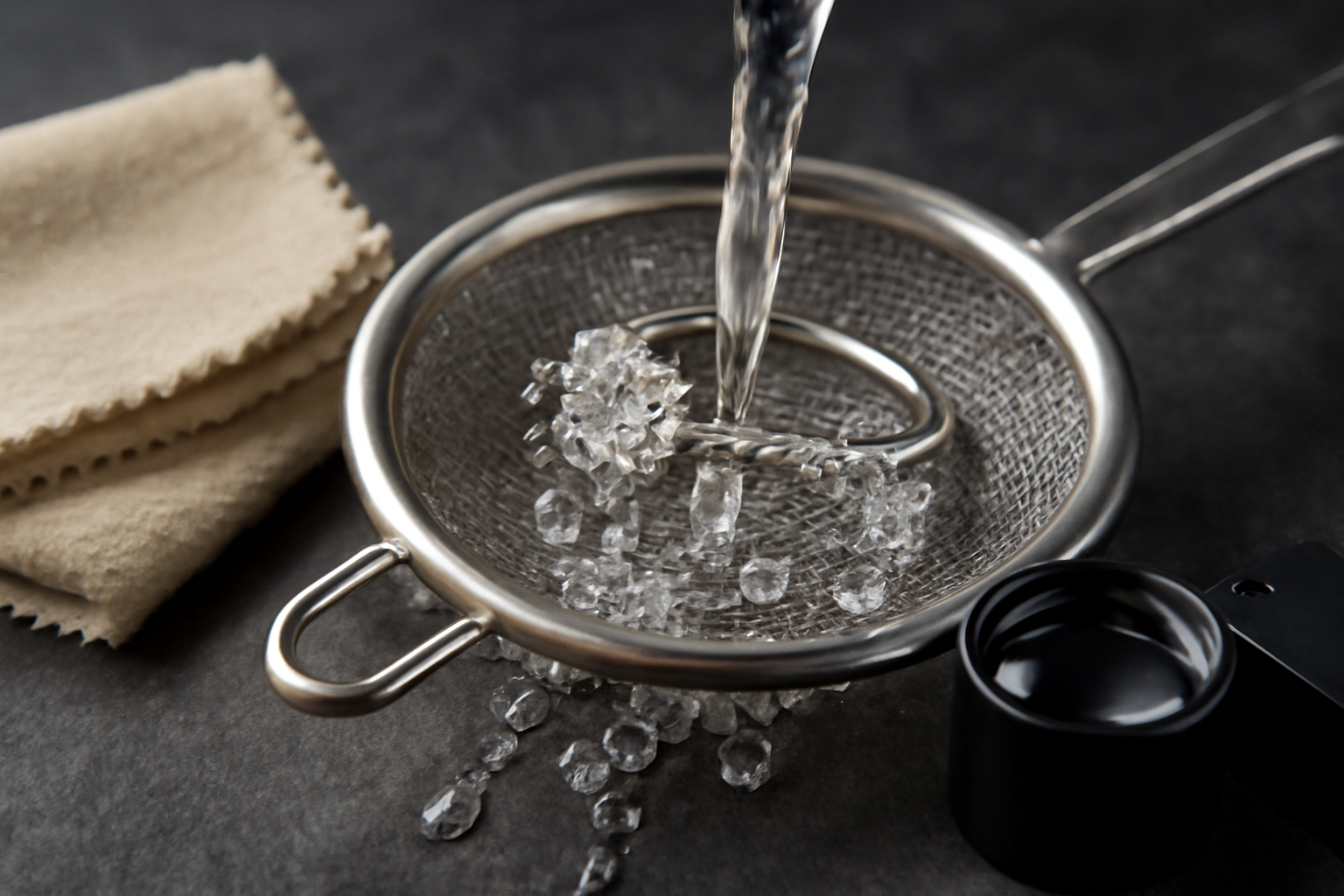Diamond Certification: What You Need to Know
When buying a diamond, whether for an engagement ring, a gift, or an investment, one of the most crucial aspects is ensuring its authenticity and quality. This is where diamond certification plays an essential role. A certified diamond guarantees that the stone has been independently examined, graded, and documented by a reputable gemological laboratory. Without certification, it becomes difficult to judge the true value, quality, and authenticity of a diamond. In this article, we will cover everything you need to know about diamond certification, the different grading laboratories, and how certification impacts your purchasing decision.
What is Diamond Certification?
A diamond certification, also known as a diamond grading report, is an official document issued by an independent gemological laboratory. This report provides a detailed analysis of the diamond’s 4Cs: cut, color, clarity, and carat weight. It also includes other important information such as polish, symmetry, fluorescence, and proportions.
Unlike an appraisal, which estimates the diamond’s value in money terms, certification is an unbiased lab report that objectively describes the physical characteristics of the diamond. The most trusted diamond certificates are issued by globally recognized institutions such as the Gemological Institute of America (GIA), International Gemological Institute (IGI), and Hoge Raad voor Diamant (HRD).
Why is Diamond Certification Important?
- Authenticity: Certification confirms that the diamond is natural and not synthetic or lab-grown.
- Quality Assurance: The certificate provides an unbiased grading of the diamond’s quality.
- Value Transparency: Helps buyers understand the true worth of the diamond in the market.
- Trust in Purchase: It protects consumers from fraud and ensures they get what they are paying for.
- Resale and Insurance: A certified diamond holds better resale value and can be insured more easily.
Difference Between Certified and Non-Certified Diamonds
When shopping for diamonds, you may come across both certified and non-certified stones. The difference is clear:
- Certified Diamonds: Come with a recognized lab report that describes the quality of the gemstone. Buyers can trust what they are paying for.
- Non-Certified Diamonds: Sold without documentation. Their quality can be misrepresented, and buyers have no independent assurance about the characteristics of the stone.
Though certified diamonds may cost slightly more, they come with the peace of mind that the gemstone has been thoroughly evaluated and authenticated.
Top Diamond Certification Laboratories
Gemological Institute of America (GIA)
Founded in 1931, the GIA is considered the gold standard in diamond grading. GIA certification is trusted worldwide for its strict and consistent grading standards. A GIA-certified diamond comes with a detailed grading report that includes cut, color, clarity, carat weight, proportions, symmetry, polish, and fluorescence.
International Gemological Institute (IGI)
IGI is one of the largest gemological laboratories in the world. It is highly recognized in Asia, Europe, and the Middle East. IGI certification gives buyers confidence in the diamond’s grading and is especially popular for retail diamonds sold online and in stores. An IGI-certified diamond is often more affordable compared to GIA, but it provides comprehensive grading details.
Hoge Raad voor Diamant (HRD)
HRD, headquartered in Antwerp, Belgium, is one of the leading European diamond grading labs. HRD certificates are widely respected in Europe and provide detailed reports similar to GIA and IGI. HRD has gained popularity for its transparency and reliability in grading natural diamonds.
American Gem Society (AGS)
The AGS is another respected lab mainly known in the U.S. for its strict grading, especially on diamond cut quality. AGS uses a 0–10 grading scale, with 0 being ideal. Though not as globally recognized as GIA, AGS remains a reputable option for certification.
What Does a Diamond Certificate Include?
Every diamond grading report includes the following details:
- Carat Weight: The size and weight of the diamond.
- Color Grade: A scale from D (colorless) to Z (light yellow or brown).
- Clarity Grade: The number and visibility of inclusions and blemishes.
- Cut Grade: How well the diamond is cut, affecting its sparkle and brilliance.
- Polish and Symmetry: Evaluates the finishing and alignment of the facets.
- Fluorescence: Checks if the diamond glows under UV light.
- Proportions Diagram: A visual representation of the diamond’s shape and structure.
- Unique Certificate Number: Each certified diamond has a unique number that can be verified online.
How Certification Affects Diamond Pricing
Certified diamonds typically command a higher price compared to uncertified diamonds because they carry verification of authenticity and quality. However, certification also ensures transparency—buyers can compare diamonds on the basis of the 4Cs without relying solely on the seller’s word. This creates healthy competition in the market and helps consumers get fair value.
Moreover, among certifications, GIA-certified diamonds often fetch the highest market value due to GIA’s global reputation, followed by IGI and HRD certificates. Choosing a diamond with a reliable certificate is not only an investment in quality but also in long-term value.
How to Verify a Diamond Certificate?
All major gem labs provide online verification tools where buyers can enter the unique certificate number to validate the details. For example:
- GIA Report Check Tool (official GIA website).
- IGI Report Verification (official IGI portal).
- HRD Online Report Check (HRD Antwerp site).
Always cross-check the information on the certificate with what the seller claims. If a seller is unable to provide authentication, it’s a red flag.
Common Misconceptions About Diamond Certificates
Many buyers assume all certificates are the same, but grading standards vary among labs. Some less reputable labs are more lenient, which may exaggerate the stone’s quality. To avoid such pitfalls, stick to reliable labs like GIA, IGI, or HRD.
Another misconception is that a certificate determines the diamond’s monetary value. However, certificates only describe quality, not price. The appraisal for monetary value is a different process done separately.
Tips for Buyers When Choosing Certified Diamonds
- Always request a certificate from a reputed lab before purchasing.
- Check the certificate number engraved on the diamond (laser inscription) to verify authenticity.
- Compare multiple certified diamonds to understand quality-price differences.
- Be cautious of overly cheap diamonds that claim to be “certified.” Verify the issuing lab.
- Remember that certification adds long-term value and trust to your purchase.
FAQ on Diamond Certification
1. Is diamond certification necessary?
Yes, certification ensures authenticity, quality, and peace of mind when making such a valuable purchase.
2. Which certification is best for diamonds?
The most trusted certification is from GIA, followed by IGI and HRD, depending on your region.
3. Are certified diamonds more expensive?
Certified diamonds may cost slightly more than uncertified ones, but they offer guaranteed authenticity and better resale value.
4. Can I certify a diamond after purchase?
Yes, if a diamond is not certified, you can send it to a gemological lab like GIA, IGI, or HRD for certification.
5. Do all jewelers sell certified diamonds?
Reputable jewelers sell certified diamonds, but always double-check before purchasing.


